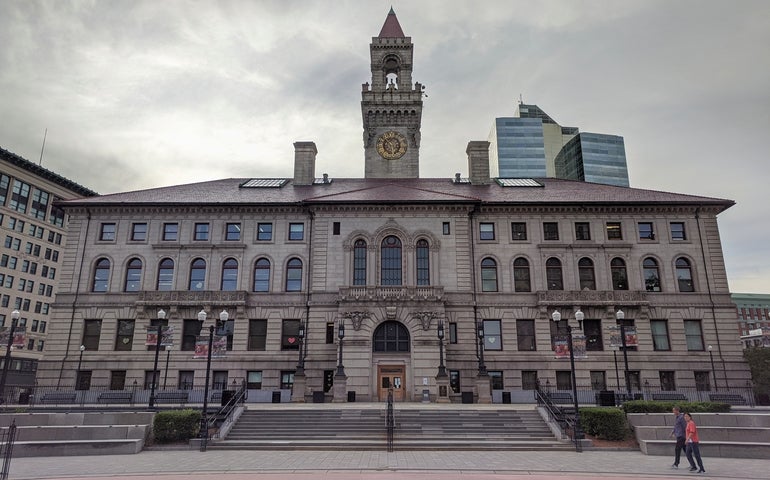The number of Worcester residents who died of opioid-related overdoses rose from 81 in 2019 to 103 in 2020, according to new data released Wednesday by the Massachusetts Department of Public Health
Worcester had the second-most opioid-related overdose deaths in 2020 of any Massachusetts community, following Boston, which had a significant spike of 30% to 248 deaths in 2020.
The community-level data for 2020 opioid overdose deaths were released by DPH at the same time on Wednesday where the agency said 2021 is shaping up to be the deadliest year for opioid overdoses, as the first nine months of this year have since a 1% increase in deaths over 2020, which was the deadliest year on record. Opioid-related deaths require confirmation by the Massachusetts Office of the Chief Medical Examiner, so data is usually delayed during that process, making the 2020 community-level data the most up-to-date numbers.
For Worcester, one positive of the DPH numbers is fewer people died of opioid overdoses in the city in 2020. The 103 Worcester residents who died in 2020 were counted regardless of what community they died in. As for the number of deaths in Worcester — regardless of what community the deceased was from — dropped 8% from 144 deaths in Worcester in 2019 to 132 deaths in 2020.
In 2020, Worcester County had the third highest rate of opioid-related deaths in the state, with 282 lives lost. Hampshire County reported 299 deaths while Suffolk County reported 289 deaths.
Other Central Massachusetts communities hit hard by the opioid pandemic in 2020 were:
- Athol, which rose 100% to 14 resident deaths
- Marlborough, which rose 67% to 15 resident deaths
- Framingham, which rose 14% to 24 resident deaths
- Southbridge, which rose 7% to 15 resident deaths
Central Massachusetts communities who saw improvements in opioid deaths in 2020 were:
- Gardner, which dropped 33% to 4 resident deaths
- Shrewsbury, which dropped 33% to 4 resident deaths
- Leominster, which dropped 13% to 13 resident deaths
- Fitchburg, which dropped 10% to 19 resident deaths
The Commonwealth of Massachusetts received $45 million in federal dollars to support prevention, treatment, and recovery programs for vulnerable populations, per DPH. This federal funding coincides with the state’s 2022 fiscal budget which allocates $408 million to address substance misuse.
Since March 2020, the DPH has distributed 124,000 naloxone kits to opioid treatment programs, community health centers, hospital emergency departments, and houses of corrections, to help save lives during the opioid epidemic.
Commissioner for Health and Human Services for the City of Worcester, Dr. Matilde Castiel, responded to the DPH figures saying the increase in opioid overdose case was known and truly sad. She described how stigma and equity issues further compound the complexities of addiction, especially among communities of color.
Black and Latino males were the population most impacted by the opioid epidemic. From 2019 to 2020, the Black community saw a 63% increase in opioid overdoses while the Latino community saw a 12% increase, said Castiel. The only decrease in case numbers came from the population of white males.
The opioid overdose death rate for all females in Worcester increased by 15%.
Isolation and mental health issues compounded throughout the COVID-19 pandemic and played a role in the increased numbers.
The City of Worcester has numerous task forces such as the Mental Health Task Force, Re-Entry Task Force, and Opioid Task Force implementing a multi-faceted approach to prevent opioid overdoses, facilitate housing, and provide mental health/clinical services to those who suffer from substance abuse.
“Truly an issue, that through my office in HHS and throughout my career, I have been very interested in and something that I have been working on to bring those numbers down,” she said.
The stigma of being an addict, and in many cases a previously incarcerated individual, makes the road to recovery even harder, said Castiel.
“Addiction is a disease, and it causes changes in your brain’s system; and that people, as much as they want to recover, are unable to without medication, without counseling, and without treatment. I don’t know one person who suffers from addiction who says ‘this is what I want to do’, everybody looks to recover,” she said.

